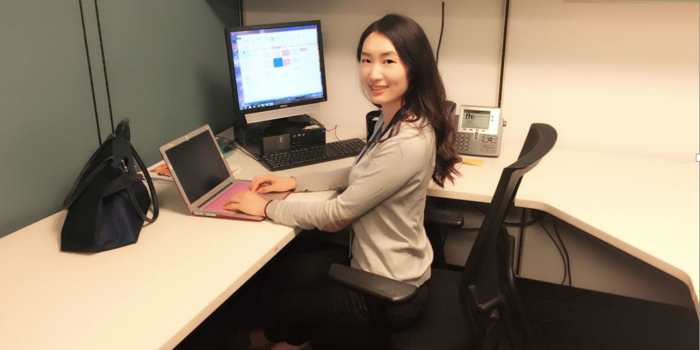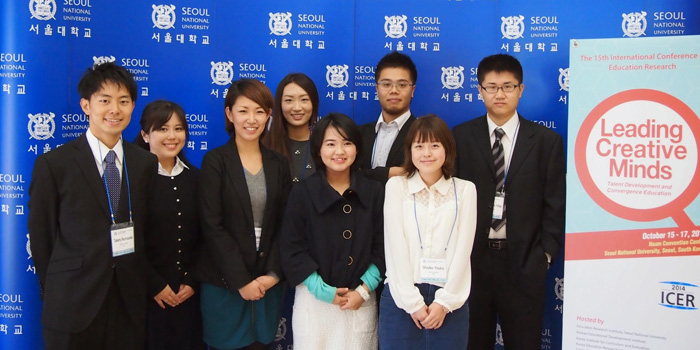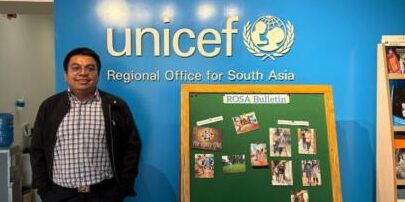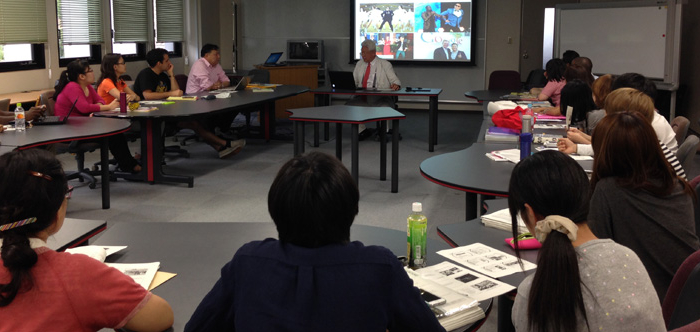During six weeks from February 5th to March 18th 2016, I conducted an internship at FHI 360 in Washington D.C.. During the internship, I was attached to the department of Global Education under the supervision of Dr. Stephen Luke who is the senior program director. I participated in the work of Kosovo Basic Education Program, assisted the work of Google mapping and data processing. Besides, attending internal and external presentations and conducting interviews with specialists are also parts of my internship. Thanks to that, I had chances to attend several presentations at FHI 360 and some conferences held by other organizations. Moreover, I was able to meet several specialists at FHI 360 and World Bank.
1. Assisting Kosovo Basic Education Program (BEP), FHI 360
The Kosovo Basic Education Program is managed by FHI 360 and supported by the Government of Kosovo and USAID. It was started in 2011 and planned to finish in 2016. The program aims to strengthen the Government of Kosovo’s education reform and to establish a modern education system. Furthermore, it aims to strengthen student assessments and improve in-service teacher training. The program applies different kinds of education materials to schools such as reading kits, mathematics kits, robots, and so on. There are also a lot of in-service teacher training activities such as design challenge in teaching and learning technology, environment related learning, etc. To assist the work of BEP, I processed these data first, and then to map the location of each school on Google earth including the information mentioned above.
2. Participating in Internal and External presentations, FHI 360
During the internship, I also attended a lot of presentation at FHI 360. Before the CIES conference, FHI 360 conducted mock presentations that I was allowed to attend and was inspired by new ideas and researches, which is very helpful for my further study. In addition, I was able to join conferences and seminars held by other organizations including a conference on Supporting Teacher Professionalism across TALIS (Teaching and Learning International Survey) system held OECD, which helped my widen my knowledge.
3. Interview and meeting with specialists, FHI 360 and World Bank
Another valuable experience I could gain through this internship is to conduct interviews with specialists at FHI 360. I interviewed Dr. Gundu Rau who is the project manager of the Room to Learn Project in South Sudan at Global Education department of FHI 360. The project aims to improve and expand education services for children in South Sudan. The ultimate goal of this program is to improve the quality of education at both school level and state level through providing educational materials such as textbooks and pens and helping children to at least obtain some basic literacy. Through this interview, I learned more about the educational situation in South Sudan as well as knew more about how international organizations are doing projects step by step. Besides, I also met two specialists at the World Bank and got valuable advices from them for my further study and career.
In general, it was a productive internship for me at FHI 360. What I have obtained from the internship, in conclusion, is as follows: First of all, getting to know practical knowledge on how international organizations are doing projects and how people work here. There is rare chance to know about it in the university. Secondly, knowing which skills or abilities I need to improve to get a good job in the future thanks to working in the project and talking with my supervisor and other specialists. Thus, I can prepare myself well for my future job. Thirdly, getting used to the working environment in the USA. Knowing another culture’s working environment and working style is a very valuable experience for me, which is also beneficial to my future work.
I do really appreciate my academic advisor, Professor Keiichi Ogawa, for encouraging and providing me this great opportunity to conduct the internship. I would also like to thank to my supervisor, Dr. Stephen Luke and other colleagues in FHI 360 for their great guidance and support during my internship there.
Yaqiong WANG
Master Student
Related






